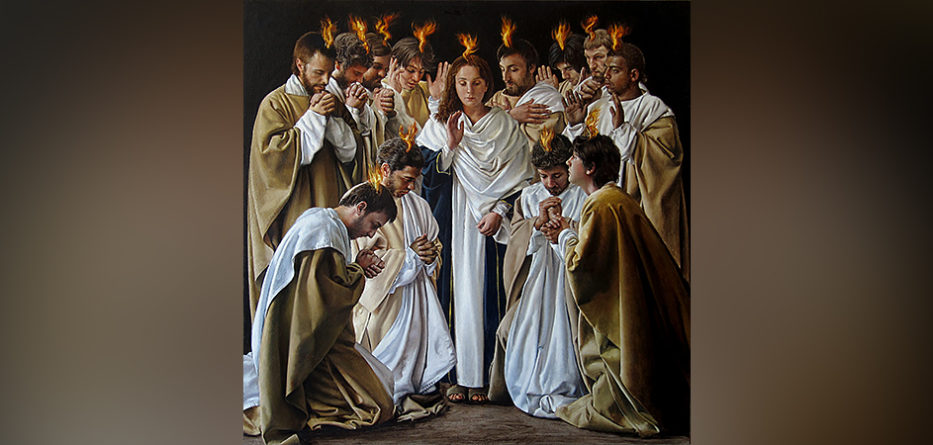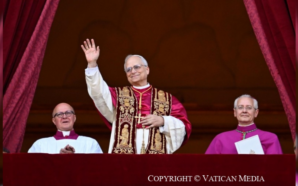The earliest Christians had to consider whether they would impose restrictions on their new faith as followers of Christ. Who could join? Dr Laurie Woods considers the lessons they learned in the context of today.
Pentecost represents the fulfilment of Christ’s work. His band of disciples had quickly grown into a community of dedicated followers committed to living out the values of the Master. Christians do not always demonstrate awareness that nearly all of these people were Jewish and were, in reality, a sect of Judaism. They were still praying at the temple in Jerusalem and kept faith with the customs and religious practices of Judaism.
The Eastertide readings from the Acts of the Apostles give us a glimpse of the trials and decisions that these early Jesus people had to face as their numbers grew. One of the chief matters of concern was the qualification for membership. Who should be allowed to join? Should there be any restrictions? Were non-Jews welcome? And if so, should they be obliged to follow Jewish laws and customs?
We know from his letters that Paul was opposed to any policy that might require newly baptised gentile members to follow Jewish laws and customs that insisted on male circumcision, observance of food regulations and ritual cleanliness customs. He maintained that it was only necessary that new members commit in faith to Jesus Christ and his values. Acts and the Pauline letters also reveal factions who opposed each other quite strongly on some of these issues. In time, the leading Apostles agreed that non-Jewish converts did not have to go to Christ through the doorway of Judaism.
The difficulties the early Jesus people had to deal with have their counterparts in our Church and society today. How well do we accept difference? Can we learn from the almost infinite diversity in nature that our God is the maker of variety and difference?
Jesus was a model of living with difference and being comfortable with all kinds of people. He was good at accepting individuals where they were at. He was criticised by the self-righteous for mixing with tax collectors and sinners, but then he saw the potential in every human being and never wrote anyone off.
Jesus reminded Simon the Pharisee how unfair he was in passing judgment on the woman who wept at his feet. He refused to condemn the woman accused of adultery but he pointed out to her that what she was doing was no way to live, no way to grow to wholeness.
He touched the untouchables and restored them as much with his compassion as with healing power.
He challenged the rich man to follow him but did not love him any less when the man could not make the leap to discipleship. He did not pass judgement but accepted that the man was not ready.
Pentecost can prompt us to reflect on the broad-minded thinking of Jesus who relished variety and difference in everyone he met. As he said, “The Spirit moves where it wills,” and it is up to us to look for the Spirit in the events and people that come into our life. Seeing the good and the potential in others is to imitate the attitude of Jesus as well as being a mark of sound mental health.
Dr Laurie Woods is a retired senior lecturer in Biblical Studies from the Australian Catholic University and currently conducts teacher in-service sessions and parish reflection days. He lives in the Diocese of Parramatta and is a member of Our Lady of the Nativity Parish, Lawson.
This article was originally published in the 2022 Ordinary Time | Winter 2022 edition of the Catholic Outlook Magazine. You can pick up your copy of the magazine in parishes, schools and offices across the Diocese of Parramatta now or you can read the digital version here.








